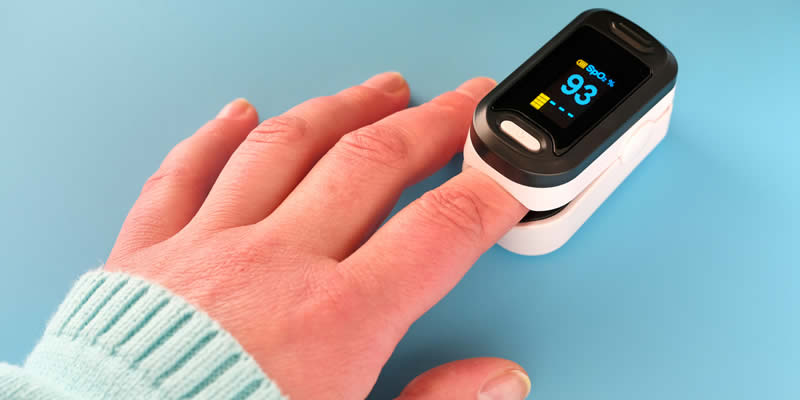COVID-19 antibodies are still detectable six months after infection in as many as 88% of people, researchers have discovered.
The study involved nearly 1,700 people who had tested positive for coronavirus.
- How do I know if I have a cold, the flu or coronavirus?
- Analysis reveals concerns over coronavirus impact on people with diabetes
Of those people, 26% had experienced a cough and 43% reported a loss in their taste or smell, but 20% reported having had no symptoms at all.
This latest round of research is part of the UK Biobank, which is a huge database of blood, urine and saliva samples, heart and brain scans and the genetic data of half a million people.
They volunteered to provide health data to help with global medical research.
Just under 20,000 of the participants gave monthly blood samples between May and December 2020. A total of 1,699 tested positive for COVID-19 antibodies during this period, which means they had previously become infected.
Six months later 88% of those who tested positive still had antibody traces in their blood.
UK Biobank chief scientist Professor Naomi Allen said: “Although we cannot be certain how [the presence of antibodies] relates to immunity, the results suggest that people may be protected against subsequent infection for at least six months following natural infection.
“More prolonged follow-up will allow us to determine how long such protection is likely to last.”
However, the researchers have warned that just because someone has COVID-19 antibodies does not necessarily mean they cannot pass it on.
Professor Sir Rory Collins, UK Biobank principal investigator and chief executive and British Heart Foundation professor of medicine and epidemiology at the University of Oxford, said: “Both with vaccines and indeed with past infection, we don’t yet know what impact that has on the ability to be carrying the virus and transmitting to others.
“So I think one important message both for people who have been infected, and for people being vaccinated, is you may be protected, to some extent, but you may still put others at risk. It’s important to maintain the social distancing and the lockdown measures in line with the government guidance.”





